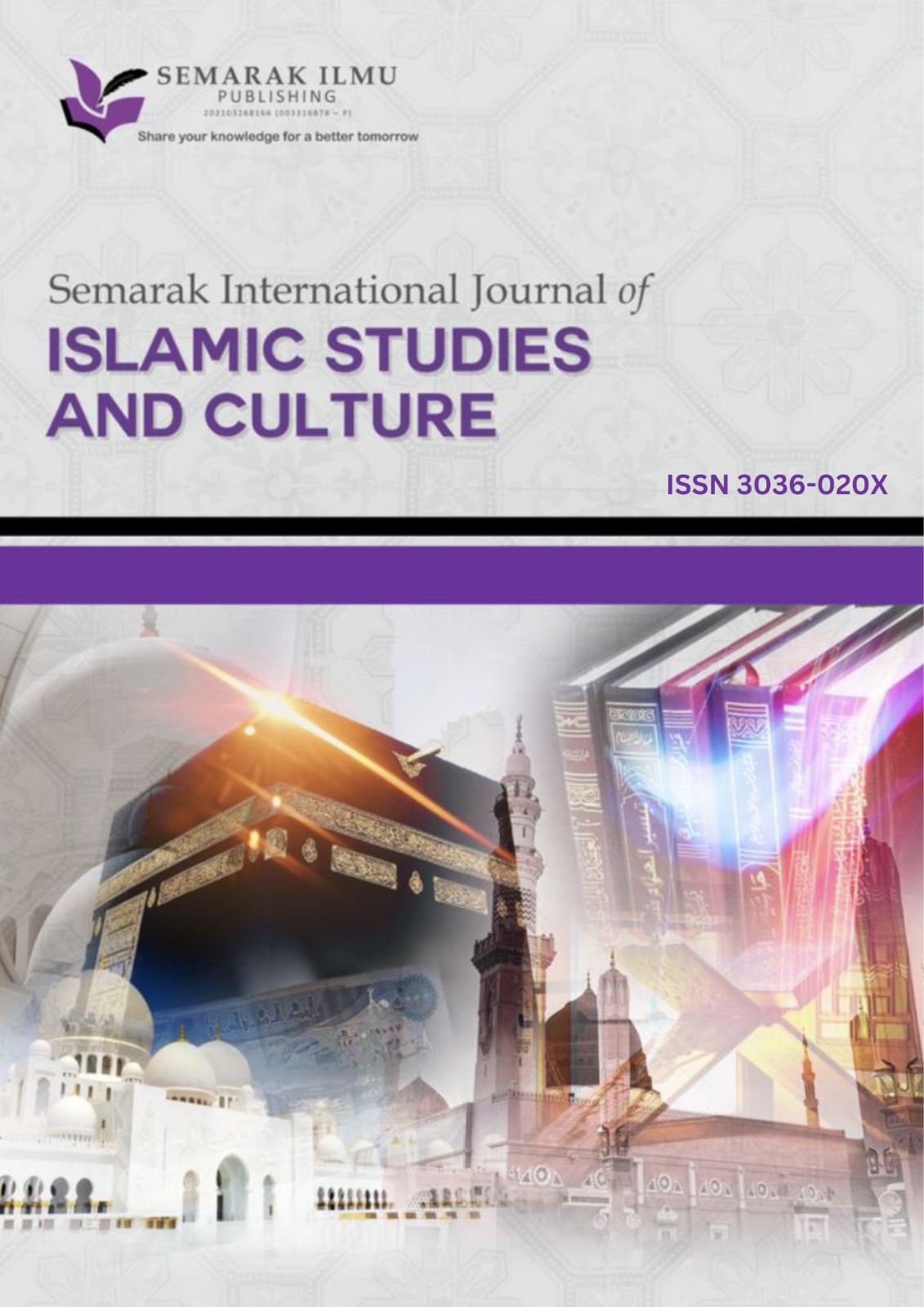Fostering Islamic Education among Primary School Learners using i-FIKR IBADAH
DOI:
https://doi.org/10.37934/sijisc.2.1.3948Keywords:
Fun Learning, Islamic Education, Cognitive, PsychomotorAbstract
The i-FIKR IBADAH innovation is inspired by a fun learning approach. The aim is to diminish the problem regarding the issue of lack of learners’ interest in learning Islamic Education in school institutions. This innovation is designed by focusing on stimuli development in learners' cognitive, affective, and psychomotor aspects by learning through play, specifically by using sets of puzzle cards that involve problem-solving activities. The i-FIKR IBADAH is an initiative to involve the learners with the simulated and interesting classrooms in a way to enhances learners’ interest in learning Islamic Education. A qualitative methodology was conducted by interviewing twelve learners and one teacher as an education practitioner to gauge their responses to the innovation. The collected data was analyzed using a thematic approach in the Atlas TI package. The finding demonstrated that the i-FIKR IBADAH innovation is effective in increasing learners’ understanding and interest in Islamic Education primary education institutions. Generally, by learning through play the i-FIKR IBADAH innovation is an inspiration for a better education by fostering learners’ understanding and discernment of Islamic values in teaching and learning strategies that involve cognitive, affective, and psychomotor.
Downloads














